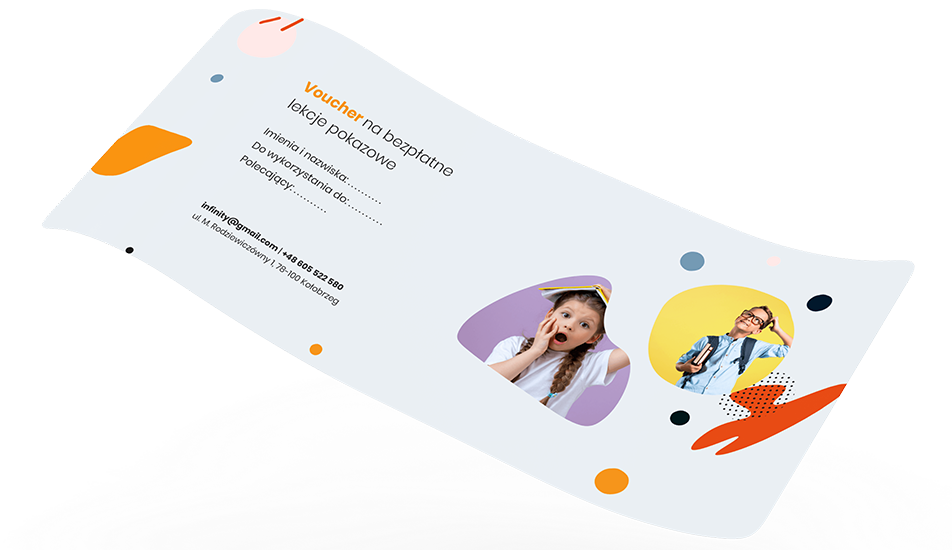TOEFL or IELTS?
Dreaming of studying abroad, but still wondering which exam will be easier (and more “approachable”) to prepare for? If you’re hesitating between TOEFL and IELTS, this is where you will find out which one fits your skill set better.
Whether we perceive an exam as difficult largely depends on our language proficiency. The difficulty level of both exams can be diagnosed more effectively by answering a few questions. Below follows a description of the TOEFL test accompanied by the factors determining its (perceived) level of difficulty.
TOEFL in close-up
The TOEFL iBT test is a test measuring the ability to understand and use English for academic purposes, in countries where this language serves as a means of communication. It is, therefore, mainly addressed to those planning to study abroad. Due to its status, the TOEFL certificate is recognized by more than 9,000 universities around the world[1].
Should I go for it?
In order to find out if this type of exam suits your preferences, the following components of the TOEFL test will be discussed: the written section, the speaking section, the familiarity with the varieties of English, the types of tasks and the reason for using English-language authentic materials. Technically, this exam is most likely for you if: (a) you are at one with technology (a computer); (b) you are comfortable using a keyboard; (c) speaking to a microphone in the presence of other test-takers does not bother or intimidate you. In addition, when self-assessing your language competence and academic skills, consider taking the TOEFL test if: (a) your preferred variety of English is American English or you have no difficulty understanding it; (b) you can tackle multiple choice questions with ease and (c) taking notes on the content from recordings is part of your academic experience.
Suppose you answered negatively to some of the statements, and yet you still prefer TOEFL to IELTS, head up! Our TOEFL prep course will prepare you not only in terms of the format of the TOEFL test and types of tasks. Above all, we will provide you with the necessary course and self-study materials, practical exercises and opportunities to improve your current skills.
What else should I know?
As the TOEFL test is not delivered in paper form (unlike IELTS), you do not have to worry about your own hand-writing. If writing under time pressure might make it less legible for the rater, choose the computer-based version provided by TOEFL – from a practical point of view, this choice can be a life-saver.
With regard to the speaking part, the question is whether you feel at ease during a face-to-face interview with the examiner, or rather when faced with direct interaction, you lose the thread and stumble on words (or worst of all: your mind goes blank!). As opposed to IELTS, the TOEFL format is designed to have test-takers record their responses via microphone and does not include these elements of communication (e.g. eye contact), which might be stress-inducing.
Another factor worth noting in the context of listening comprehension is the diversity of regional varieties of English. Are you familiar with the many faces of pronunciation and accents? How easily do you follow regional accents? If that’s all but firm footing, TOEFL is a safer haven.
On IELTS, however, we are not dealing with one, but with many types of questions; apart from multiple-choice tasks, the list includes: gap-filling, matching, true/false statements, and a sequence diagram on the basis of which the test-taker composes an essay.
Finally, determine whether you use authentic English-language materials mostly for entertainment purposes and what topics you feel more comfortable with: these concerning everyday life or rather academic life. If your most frequent reason for choosing authentic English-language content is to be amused rather than informed, rethink and rework your priorities. Would you like to enter the world of academic life, accompanied by the English language at university level? Answer honestly.
[1] https://www.ets.org/toefl/test-takers/ibt/where/country
Autor: Klaudia Łojas
Specjalista ds. Metody/Lektor SJO INFINITY/MAŁA LINGUA KRAKÓW




